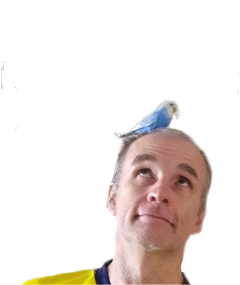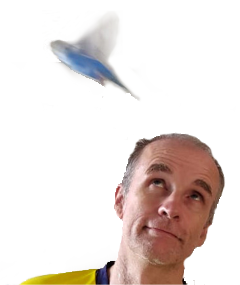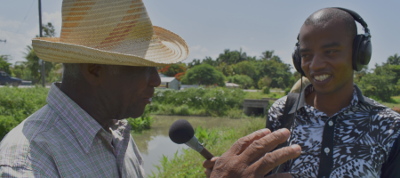The cartoon baggies of Mexico's bloodiest drug gang
July 7, 2015
Vanguardia has a chilling look at a little known side of Mexico's deadly drug war: the little cartoon-imprinted baggies drugs are sold in. Writer Ana Cavolo recalls her town of Torreon, Coahuila in the early 2000s as the "Hollywood" of Mexico's drug industry, the exclusive domain of Chapo Guzman's Sinaloa Cartel. Peace reigned, mafia bosses lived conspicously in suburban mansions and drugs were delivered to your home. When the Mexican government launched a war on the cartel, Guzman was captured, the Zetas took over and everything changed for buyers: now you had to get your drugs in the street.
Among her friends, Cavolo was the designated buyer. All the men, she writes, were too afraid:
You went into a poor neighbourhood, and looked for an altar to the Virgin Guadalupe, with cholos (gangsters) hanging around, and you asked them if they had any ... It was dangerous because the police were always driving around and you never knew who was the good guy and who was the bad guy. The transactions had to be fast... Sometimes you got there and they didn't have any product, but they would tell you what time the delivery truck would arrive. They called it the "bimbo truck" (after the ubiquitious delivery trucks of Mexican bakery Bimbo.)
It was at this time that drugs began to be sold in coloured bags featuring cartoon images. Superman, the Rolling Stones, devils, other whimsical images. Sometimes they were seasonal. Christmas had Santa Claus ("we used to say 'we're going for some ho-ho-hos'"), at Thanksgiving, a turkey, on Three Kings Day a crown.
Cavolo held on to the bags, building up an impressive collection of souvenirs from a time when Mexico's ongoing drug war was at its bloodiest. She kept them hidden in an air duct, but word got out, and people started sending her new bags for her collection. You can see them here, at Vanguardia.



